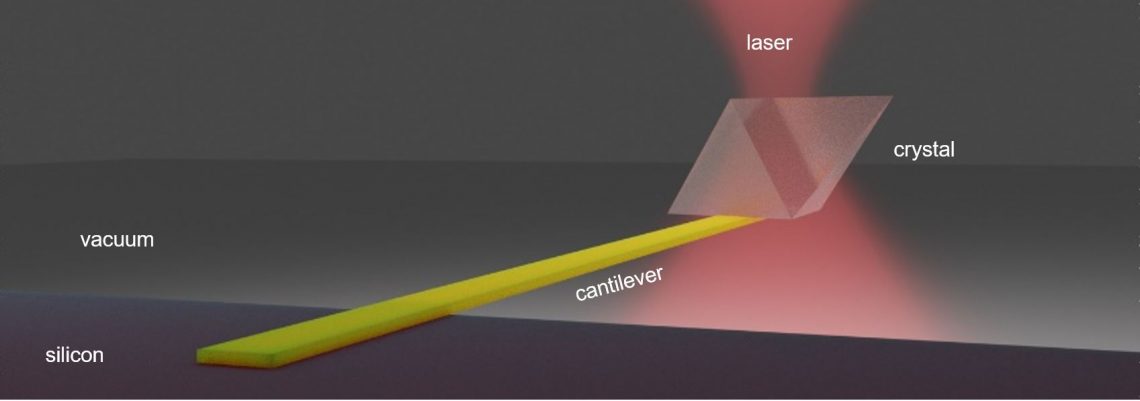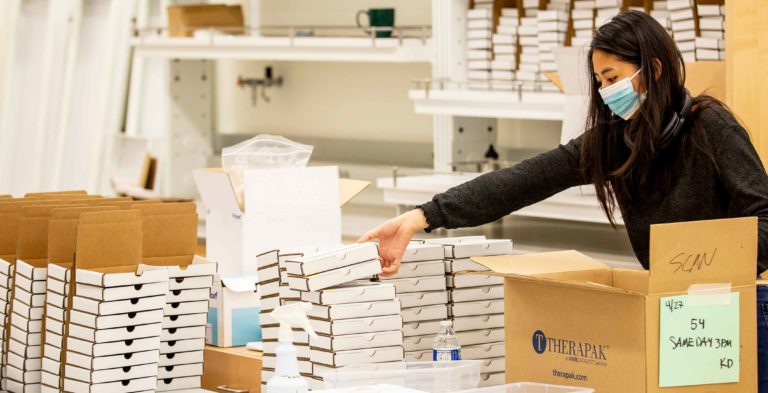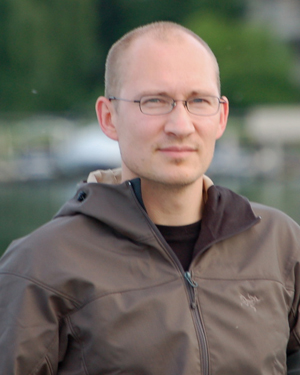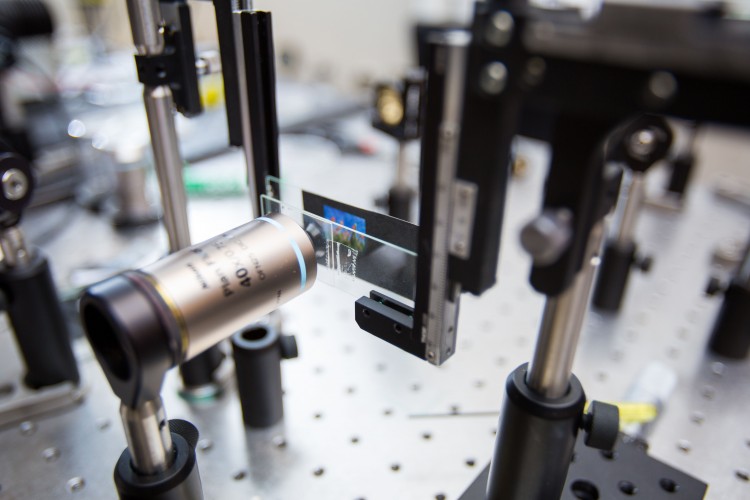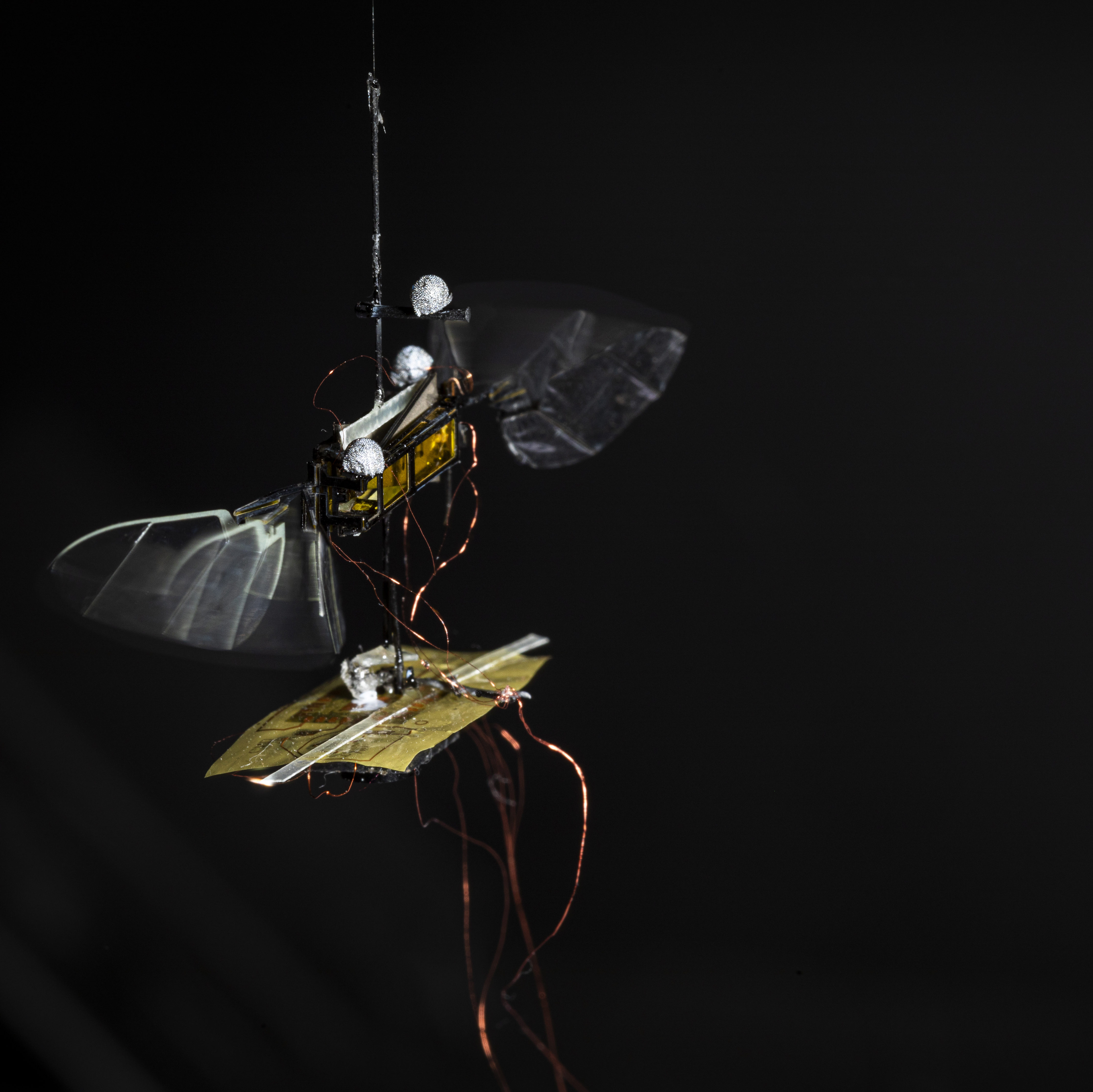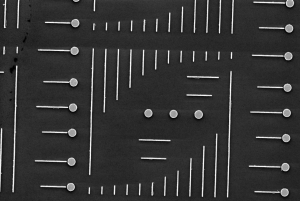A team led by NanoES faculty member Peter Pauzauskie used an infrared laser to cool a solid semiconductor by at least 20 degrees C, or 36 F, below room temperature, as they report in a paper published June 23 in Nature Communications.
Laser allows solid-state refrigeration of a semiconductor material
